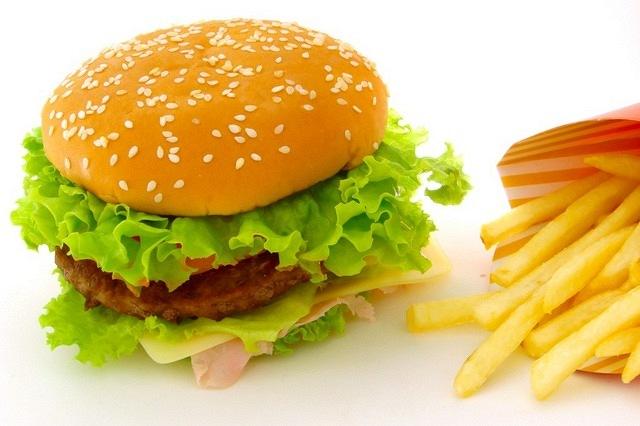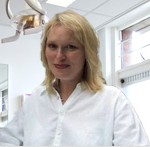Are Modern Diets to Blame for Dental Cavities?
Published:March 27th, 2013 It is all too easy to think that our ancestors had rotten oral health with teeth full of cavities and a mouth rife with gum disease. However the truth is a little different, as it turns out prehistoric people had much better oral health than we do today even though they didn’t have the plethora of modern aids such as toothpaste, dental floss and mouthwash. Apparently the change began when we stopped being hunter gatherers and turned to farming.
It is all too easy to think that our ancestors had rotten oral health with teeth full of cavities and a mouth rife with gum disease. However the truth is a little different, as it turns out prehistoric people had much better oral health than we do today even though they didn’t have the plethora of modern aids such as toothpaste, dental floss and mouthwash. Apparently the change began when we stopped being hunter gatherers and turned to farming.
A study published in Nature looked at calcified plaque on 34 different prehistoric skeletons. The results were interesting as they showed that as our diets shifted from mainly meat and vegetables and nuts to foods more rich in carbohydrates and sugars, the composition of bacteria in the mouth began to change. At this stage more tooth friendly bacteria began to lose the battle against bacteria more likely to cause disease. The addition of processed flour and sugar made things worse. Experts think the dominance of harmful bacteria in the mouth creates a permanent immune response as our bodies fight off the likelihood of disease. Apparently part of the problem is that we have evolved so quickly that our bodies haven’t had time to adapt, especially to processed foods.
One of the problems is that overuse of antibiotics has killed off many of the good bacteria, but it could be that scientists will be able to develop probiotics to help oral health and which would be able to kill off bad bacteria in the mouth without the need to use antibiotics. In fact it looks as if the use of probiotics could help other health disorders, maybe even depression. There have been a few randomised control trials into the use of probiotics to control childhood dental decay, and results have been promising. The evidence for probiotics usefulness against periodontal disease is less clear.
So far only dairy products containing probiotics have been examined, but probiotic therapy may become a reality in the future. Although most of the studies so far have been conducted into how probiotics can improve gut health, at least some may prove beneficial for oral health, but as yet these effects are not very well understood.
In the meantime there is still no real substitute for great oral health, including brushing and flossing. The good news is that cavity levels are falling around the world, including in countries that have chosen not to add fluoride to public water supplies. This is thought to be simply down to better education about the importance of oral health, and use of fluoridated toothpaste. However scientist do think that having a diet containing fewer processed foods, especially those rich in carbohydrates, could help further reduce cavities. The reality is that a balanced diet is probably the best most of us can hope to try to achieve, although choosing to cut back on carbohydrate rich snacks such as crisps would undoubtedly help.
Another important line of defence is regular dental check-ups and professional cleanings. Professional cleanings help to remove hardened plaque bacteria, decreasing the chances of inflammation and infection that are characteristic of gum disease.
About the author
 Alison, is a UK born and educated dental professional with over 25 years experience.
Alison, is a UK born and educated dental professional with over 25 years experience.





Write a Comment of Are Modern Diets to Blame for Dental Cavities?